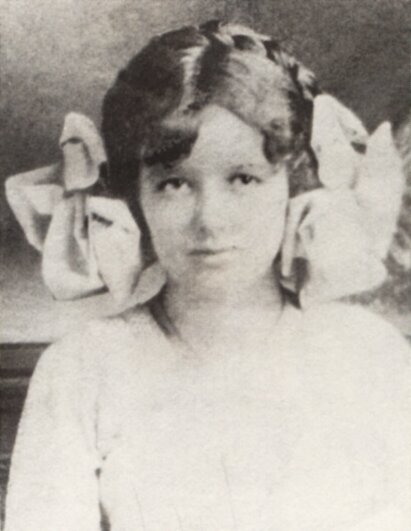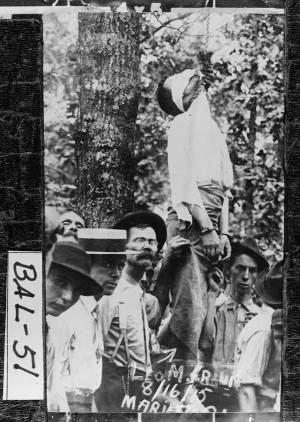On this date in History …. April 12, 1951:
Lt. Thomas Hudner is awarded the Medal of Honor for
intentionally crashing his plane into a mountain to try to save U.S. Navy
Ensign Jesse Leroy Brown, the first African-American Navy pilot. Hudner was sure his career was over when he
crashed “a perfectly good plane” in an attempt to save a black man.
At a very young age, Jesse knew he wanted to be an aviator
so he worked hard in school, graduated second in his class at Eureka High
School. The was then accepted at Ohio
State and became one of the 1% African-American population in that college.
When he entered Navy pilot school, he was the only African-American in a class
of 600.
While on one of many flying missions, during the Korean War, to support and protect
the U.S.S. Leyte, his plane was
hit and losing oil pressure. He crash
landed on a snowy mountain, 5300 feet in elevation. While he was able to open
the hatch and wave to the other pilots to send help, he was unable to leave the
plane as his legs were pinned by the wreckage.
The other pilots worked to protect Brown from the hordes of
Chinese in the area, but after half an hour, Lt. Hudner decided to kick it up a
notch. Without alerting or asking permission from his commander, Hudner turned
his plane into the wind to slow down his speed and crashed his plane about a
100 yards from Brown. Hudner said years
later, about this decision:
“I knew what I had to do. I was not going to leave him
down there for the Chinese. Besides, it was 30 degrees below zero on that
slope, and he was a fellow aviator. My association with the Marines had rubbed
off on me. They don’t leave wounded Marines behind.”
Rescue helicopters arrived with axes to try to get Brown out
of the wreckage. In addition to fighting
extreme cold temperatures, there was also smoke coming from the wreckage. Hudner threw snow on the fire, but only
managed to somewhat control it but unable to put it out. Darkness was falling and the helicopters were
not equipped to fly at night. Brown was
barely conscious and still trapped. The
last thing he said to Hudner was “Tell my wife Daisy I love her.” The rescue team was forced to fly off and the
order came down from their commander for an air strike to napalm the crash
site, cremating the frozen body of Ensign Brown.
“Hudner
after the failed rescued figured he would be reprimanded and his Naval career
ended for crashing a perfectly fine Corsair aircraft in a failed attempt to
save one man, a black man at that. However, Lieutenant Hudner’s command did
something totally unexpected, they instead recommended him for the nation’s
highest combat award, the Medal of Honor. Additionally the deceased Ensign
Brown was awarded the second highest honor for combat pilots, the Distinguished
Flying Cross.” (source: www.rokdrop.com)
When Hudner
received his Medal of Honor at the White House, there was one lone African
American woman standing next to him.
Daisy Brown, the wife of Ensign Brown, watched as Hudner received the
medal for his heroic attempts to save her husband and she received the last
message from her husband, “Tell Daisy I love her.”
In 1972 a
destroyer was named the USS Jesse L. Brown.
Daisy and Thomas Hudner were there for the christening ceremony.























